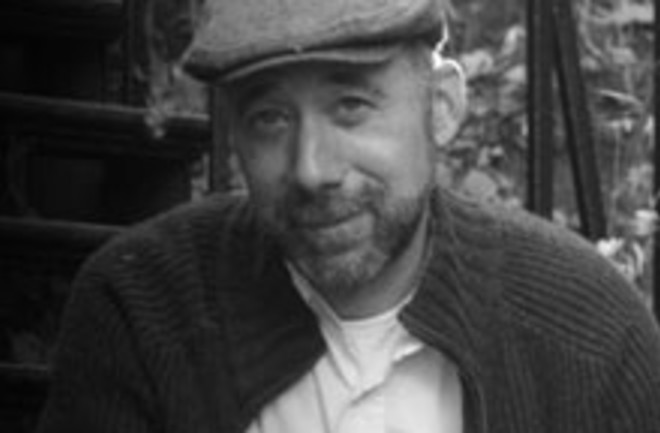Bernard d'Espagnat, the French physicist and philosopher, has won the controversial Templeton Award from the even more controversial Templeton Foundation. What is not controversial is the contribution d'Espagnat has made to the understanding of fundamental issues in quantum interpretations. I first encountered his work as an undergraduate after I came out of Intro to Quantum Mechanics wondering who had just mugged my sense of reality. I went straight to the physics library to wrap my head around what I was learning, and ran into his books. As I mentioned in yesterday's post, quantum physics is the theory of the atomic realm. It is extraordinary in its predictive capacity, and exasperating in its inability to tell us what, exactly, we are studying. When asked directly about quantum mechanical descriptions of, say, the electron, my professor said: "The electron is that to which we ascribe the properties of the electron." That nicely summarizes where quantum leaves us in terms of thinking about what is really out there. The world is full of interpretations of the math, but no one knows which view of reality is correct. D'Espagnat has spent his career looking deeply into the structure of the quantum physics and working with leaders in the field like John Wheeler. For the issues we have been taking on in these posts, it is his views on the relation between science and ideas of reality that are of interest. He has spoken of a "veil" that hides the view of ultimate reality from us. In his thinking, science provides a glimpse behind that veil—but there are limits. For your reading pleasure, I include links to two articles on this subject. The first is a description, in his own words, about quantum mechanics and its implications. The second is a piece from the BBC on the "meaning" of physics.
Adam Frank is a professor of astrophysics at the University of Rochester who studies star formation and stellar death using supercomputers. His new book, “The Constant Fire, Beyond the Science vs. Religion Debate,” has just been published. He will be joining Reality Base to post an ongoing discussion of science and religion—you can read his previous posts here, and find more of his thoughts on science and the human prospect at the Constant Fire blog.




